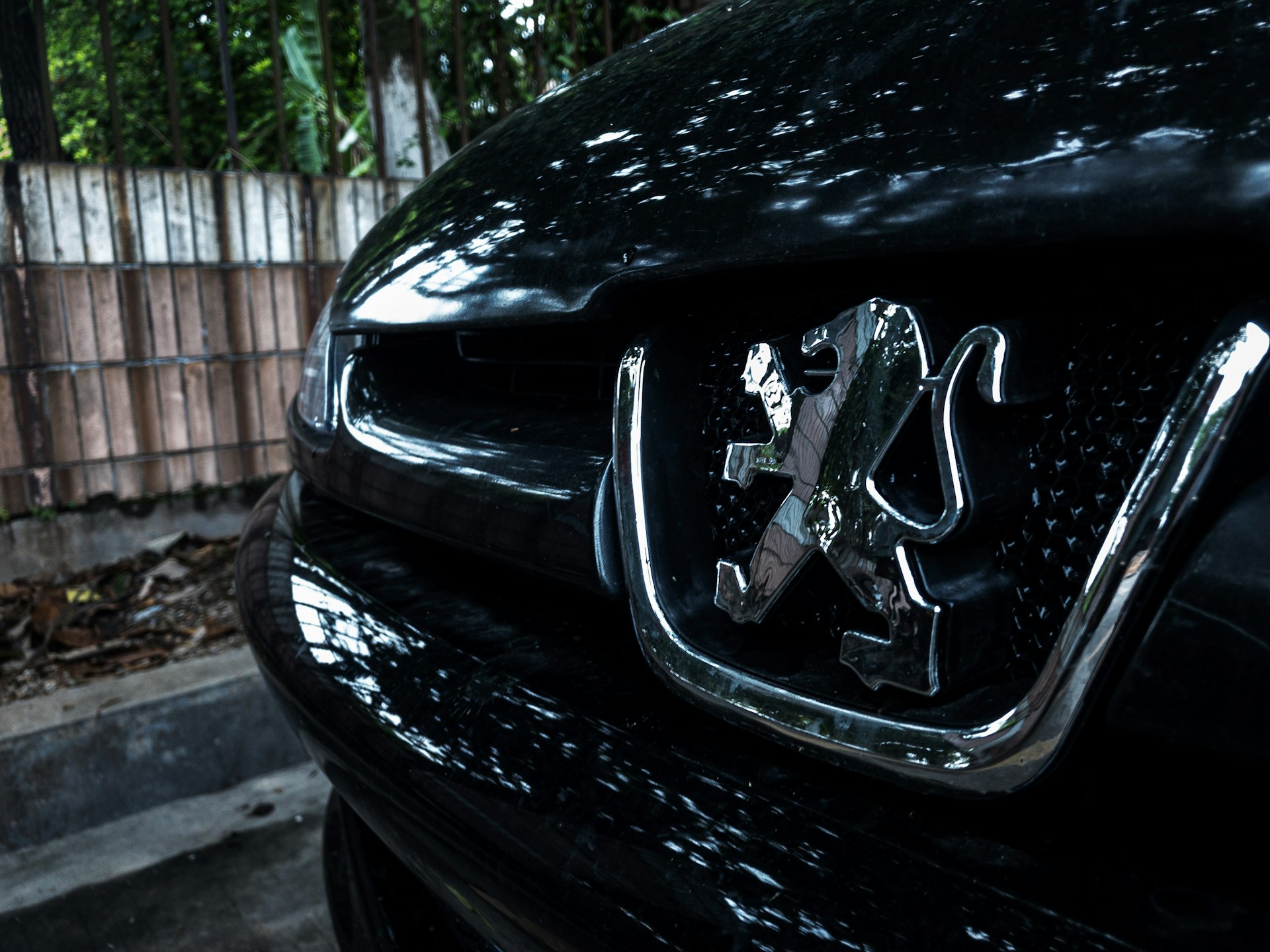Stellantis opens new tab Peugeot intends to employ ChatGPT to improve the voice assistant in its cars and vans, the French firm announced on Tuesday, following rivals such as Volkswagen and Mercedes-Benz in utilizing the popular artificial intelligence chatbot.
Stellantis' Peugeot Automobiles Will Employ ChatGPT To Speak With Drivers
Peugeot will debut a test version of the ChatGPT service, which can link to vehicle controls and answer various general or navigation-related queries, in five nations on Wednesday: France, the United Kingdom, Germany, Italy, and Spain. The service is set to become standard equipment this year.
Last year, Mercedes-Benz opened a new tab and began a trial in the United States allowing drivers to use ChatGPT, claiming it would help them offer more natural responses and deal with inquiries ranging from route specifics to meal recommendations, as per Reuters.
Volkswagen announced earlier this month that ChatGPT would be included in its voice assistant by mid-year to allow for interactive communication with drivers.
Peugeot also announced a new eight-year warranty for the e-3008, up from the normal two-year warranty on its automobiles, in an effort to entice more drivers to switch to electric vehicles.
Volkswagen Vehicles Will Communicate With Drivers Using ChatGPT By Mid-year
To recall, Volkswagen launched a new tab voice assistant that integrates ChatGPT into its vehicles. By the middle of the year, the assistant will be able to communicate with customers in a back-and-forth discussion.
At the CES electronics trade show, Volkswagen unveiled its first vehicles with ChatGPT. These will be available to customers in North America and Europe in the early second quarter of this year.
According to executives from Volkswagen and Cerence, who partnered with Volkswagen on the technology, the AI can recognize and respond to a range of demands, from raising the temperature when it hears "I'm feeling cold" to showing the nearest Indian restaurant when it hears "I want butter chicken."
Customers may now alter vehicle functions without touching a button, according to Kai Gruenitz, a Volkswagen brand board member for technical development, who spoke to Reuters on the sidelines of the CES trade fair.
Critics argue that while adding generative AI to vehicles is a step forward from current interactions, it falls well short of the AI leap predicted a few years ago, particularly with completely autonomous vehicles. Automobile manufacturers disagree.
Volkswagen claimed to be the first volume manufacturer to include the technology as standard in its compact category vehicles. In March, General Motors said that it was developing a virtual personal assistant using the AI models behind ChatGPT.
In June, Mercedes-Benz conducted a pilot program in which about 900,000 vehicles equipped with the automaker's "MBUX" system were able to download ChatGPT. The goal was to allow users to make movie or restaurant reservations while driving.



 Nvidia Nears $20 Billion OpenAI Investment as AI Funding Race Intensifies
Nvidia Nears $20 Billion OpenAI Investment as AI Funding Race Intensifies  SpaceX Updates Starlink Privacy Policy to Allow AI Training as xAI Merger Talks and IPO Loom
SpaceX Updates Starlink Privacy Policy to Allow AI Training as xAI Merger Talks and IPO Loom  Amazon Stock Rebounds After Earnings as $200B Capex Plan Sparks AI Spending Debate
Amazon Stock Rebounds After Earnings as $200B Capex Plan Sparks AI Spending Debate  SpaceX Reports $8 Billion Profit as IPO Plans and Starlink Growth Fuel Valuation Buzz
SpaceX Reports $8 Billion Profit as IPO Plans and Starlink Growth Fuel Valuation Buzz  SoftBank Shares Slide After Arm Earnings Miss Fuels Tech Stock Sell-Off
SoftBank Shares Slide After Arm Earnings Miss Fuels Tech Stock Sell-Off  SpaceX Prioritizes Moon Mission Before Mars as Starship Development Accelerates
SpaceX Prioritizes Moon Mission Before Mars as Starship Development Accelerates  Oracle Plans $45–$50 Billion Funding Push in 2026 to Expand Cloud and AI Infrastructure
Oracle Plans $45–$50 Billion Funding Push in 2026 to Expand Cloud and AI Infrastructure  Nintendo Shares Slide After Earnings Miss Raises Switch 2 Margin Concerns
Nintendo Shares Slide After Earnings Miss Raises Switch 2 Margin Concerns  Alphabet’s Massive AI Spending Surge Signals Confidence in Google’s Growth Engine
Alphabet’s Massive AI Spending Surge Signals Confidence in Google’s Growth Engine  Nvidia Confirms Major OpenAI Investment Amid AI Funding Race
Nvidia Confirms Major OpenAI Investment Amid AI Funding Race  OpenAI Expands Enterprise AI Strategy With Major Hiring Push Ahead of New Business Offering
OpenAI Expands Enterprise AI Strategy With Major Hiring Push Ahead of New Business Offering  Elon Musk’s SpaceX Acquires xAI in Historic Deal Uniting Space and Artificial Intelligence
Elon Musk’s SpaceX Acquires xAI in Historic Deal Uniting Space and Artificial Intelligence  Elon Musk’s Empire: SpaceX, Tesla, and xAI Merger Talks Spark Investor Debate
Elon Musk’s Empire: SpaceX, Tesla, and xAI Merger Talks Spark Investor Debate  Jensen Huang Urges Taiwan Suppliers to Boost AI Chip Production Amid Surging Demand
Jensen Huang Urges Taiwan Suppliers to Boost AI Chip Production Amid Surging Demand 































